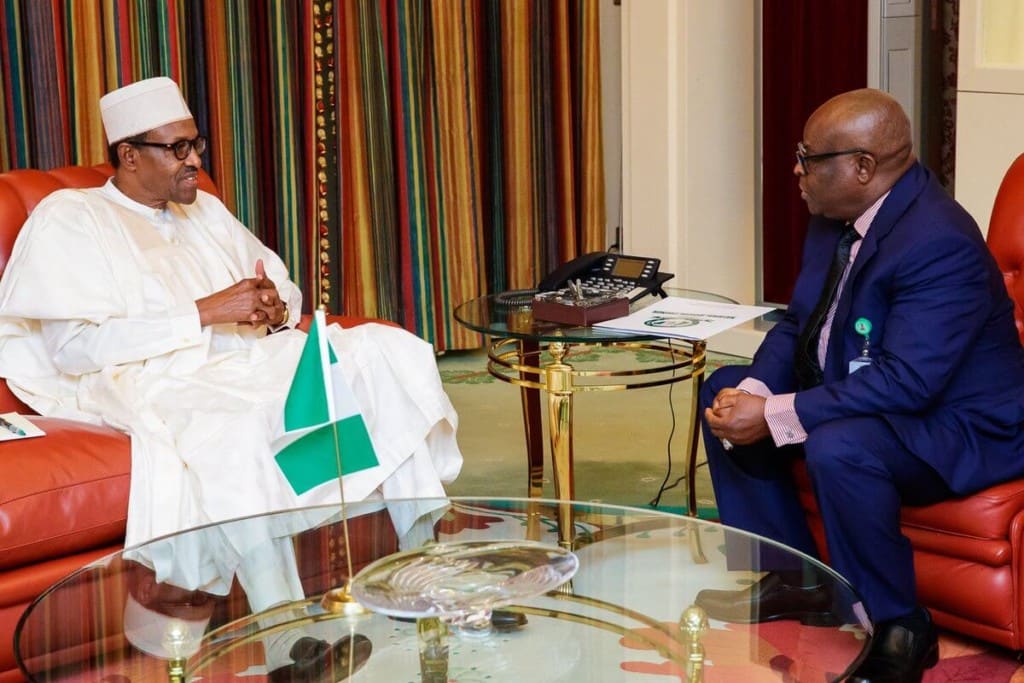Delay In Court Cases: CJN Absolves Judges
Chief Justice of Nigeria, CJN, Walter Onnoghen has exonerated Judges from being the sole cause of delay in court cases.
The CJN made the statement on Tuesday while speaking with State House correspondents after meeting with President Muhammadu Buhari at the Presidential Villa, Abuja.
Advertisement
Mr Onnoghen who said he was at the State House to facilitate with the president after he had returned from the Commonwealth of Heads of Government Meeting, CHOGM, in London, said that the responsibility of investigation and prosecution rest squarely with independent bodies.
And that so, therefore, it was unfair to blame the Judiciary arm for lingered court cases, when judges were always seated and ready to listen to cases brought before them.
“Now, l believe that you know, with your experience of many years of practice that there has never been situation in which any case was taken to court and decided upon and the Judge was not there to listen to the case. , or having finished hearing, he refused to deliver judgement.
“So, when cases are not tried expeditiously and the Judge is there, ready to listen to the case, you come and for one reason or the other, you take a date to adjourn the case, and the courts grants the adjournment which is normal during proceedings, you cannot turn round and blame the Judge for that.
Advertisement
“These are the basic things that everybody must know. We must all work together, cooperate for the system to move forward. But if you keep thinking that the Judiciary is the culprit in this delay process, you are not telling the whole story.
“It is not the judiciary that would go and arrest someone before looking for evidence, it is not the judiciary that would go into investigations. No, we do not operate the Inquisitional mode of justice as it is practiced by the French. Our own is that an independent body must investigate, prosecute while the judge decides,” the CJN said.
On the claim that the Judiciary was not doing enough to fight corruption, and that the Judiciary was not on the same page with the executive in the ongoing fight against corruption, the CJN said the judiciary in full support of the executive in the fight against corruption.
“I have answered that before and l still say the same thing. We are on the same page with the Executive as well as the legislature. There are three arms of government and these three arms constitute the government. The government is not only the Executive neither is it the legislature but it is the embodiment of the three,” Onnoghen said.
Also asked when special courts would be set up to try corruption cases, the CJN said it was the responsibly of the Executive arm of government as enshrined in the constitution to step up such courts.
Advertisement
“It is the Executive that has the prerogative in conjunction with the Legislature to establish courts under our constitution.
“It is not the duty of the judiciary nor that of the Chief Justice of Nigeria. If a special court or any court for that matter the powers that decides to establish them, the Judiciary will run it by providing the manpower required to run it,” the CJN added.



